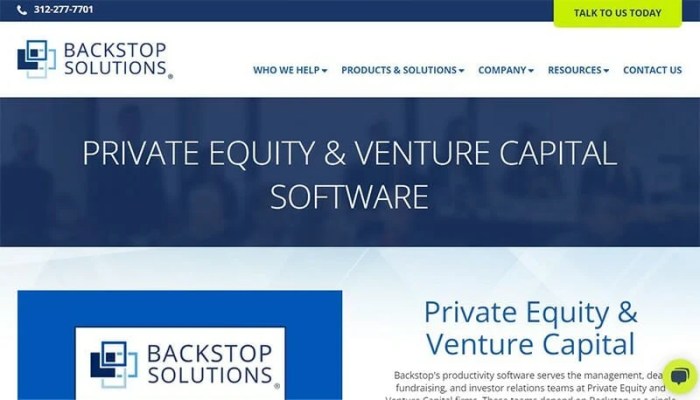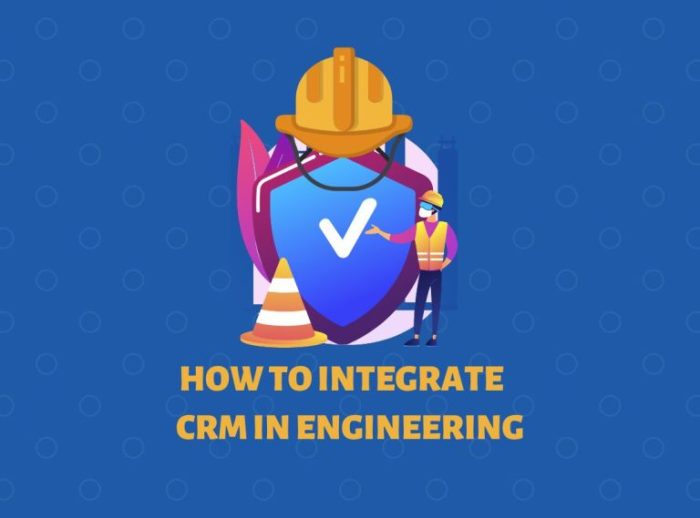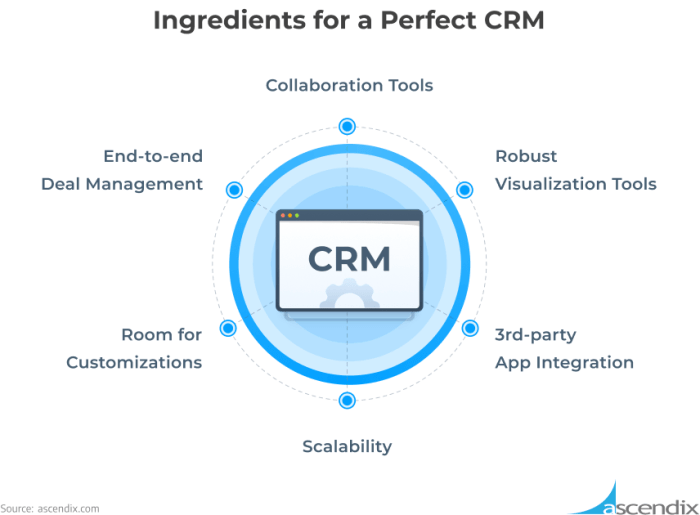Private equity crm software – The private equity (PE) industry is a demanding landscape, requiring sophisticated tools to manage complex deal flow, investor relations, and portfolio company oversight. A robust Private Equity CRM (Customer Relationship Management) software solution is no longer a luxury; it’s a necessity for firms aiming to optimize performance, enhance efficiency, and maintain a competitive edge. This comprehensive guide explores the critical aspects of PE CRM software, helping you understand its features, benefits, and how to select the right solution for your firm.
Understanding the Needs of Private Equity Firms
Private equity firms face unique challenges that require specialized CRM solutions. Unlike traditional businesses, PE firms manage a diverse range of relationships, including:
- Limited Partners (LPs): Maintaining strong relationships with LPs is paramount for fundraising success. A PE CRM helps track communication, capital calls, distributions, and performance updates, fostering transparency and trust.
- General Partners (GPs): Internal collaboration is crucial. A CRM facilitates seamless information sharing among GPs, deal teams, and support staff.
- Portfolio Companies: Managing investments requires close monitoring of portfolio companies’ performance, strategic guidance, and operational support. A PE CRM streamlines communication and data collection.
- Deal Flow Management: From sourcing to closing, the deal process involves numerous contacts, documents, and deadlines. A robust CRM automates tasks, centralizes information, and improves deal velocity.
- Legal and Compliance: The PE industry is heavily regulated. A CRM with robust security and audit trails ensures compliance with relevant regulations.
Key Features of Private Equity CRM Software
Effective PE CRM software goes beyond basic contact management. Essential features include:
Deal Management, Private equity crm software
- Deal Pipeline Tracking: Visualize the progress of deals through various stages, from sourcing to closing.
- Document Management: Securely store and access all deal-related documents, including term sheets, NDAs, and financial models.
- Automated Workflows: Streamline repetitive tasks, such as sending email reminders and generating reports.
- Collaboration Tools: Facilitate seamless communication and information sharing among deal team members.
- Due Diligence Management: Organize and track due diligence activities, ensuring a thorough and efficient process.
Investor Relations
- Capital Call & Distribution Management: Automate the process of issuing capital calls and distributing returns to LPs.
- Performance Reporting: Generate customized reports on portfolio performance, providing transparency and accountability to LPs.
- Communication Tracking: Maintain a detailed record of all communication with LPs, ensuring timely and effective engagement.
- Investor Portal: Provide LPs with secure online access to information about their investments.
Portfolio Company Management
- Performance Tracking: Monitor key performance indicators (KPIs) of portfolio companies, identifying areas for improvement.
- Communication Management: Facilitate communication between the PE firm and portfolio company management teams.
- Board Meeting Management: Schedule and manage board meetings, track action items, and distribute meeting minutes.
Reporting and Analytics
- Customizable Reports: Generate reports tailored to specific needs, providing insights into deal flow, portfolio performance, and investor relations.
- Data Visualization: Present data in a clear and concise manner, making it easy to identify trends and patterns.
- Real-time Dashboards: Monitor key metrics in real-time, enabling proactive decision-making.
Choosing the Right Private Equity CRM Software
Selecting the right PE CRM requires careful consideration of several factors:
- Firm Size and Complexity: The size and complexity of your firm will influence the features and functionality you need.
- Integration Capabilities: Ensure the CRM integrates seamlessly with other systems you use, such as financial modeling software and accounting platforms.
- Scalability: Choose a CRM that can scale with your firm’s growth.
- Security and Compliance: Prioritize a CRM that meets the highest security and compliance standards.
- User-Friendliness: Select a CRM that is intuitive and easy to use for all team members.
- Vendor Support: Ensure the vendor provides excellent customer support and ongoing training.
Top Private Equity CRM Software Solutions (Examples – Specific product names should be researched for current market offerings)
The market offers several specialized PE CRM solutions. Research and compare different platforms based on your specific needs and budget. Consider factors like pricing models (subscription, per-user, etc.), implementation complexity, and available support.
Frequently Asked Questions (FAQ)
- Q: What is the average cost of Private Equity CRM software? A: The cost varies greatly depending on the features, number of users, and vendor. Expect a range from several hundred to several thousand dollars per month.
- Q: How long does it take to implement a PE CRM? A: Implementation time depends on the complexity of the software and the firm’s specific needs. It can range from a few weeks to several months.
- Q: Can a PE CRM integrate with my existing systems? A: Many PE CRMs offer integration capabilities with various financial and accounting systems. It’s crucial to check for compatibility before selecting a solution.
- Q: What security measures should I look for in a PE CRM? A: Look for features like data encryption, access controls, audit trails, and compliance with industry regulations (e.g., GDPR, SOC 2).
- Q: How can I ensure my team adopts the new CRM effectively? A: Provide comprehensive training, offer ongoing support, and encourage feedback from users. A successful implementation requires buy-in from all team members.
Conclusion
Investing in the right Private Equity CRM software is a strategic decision that can significantly improve your firm’s efficiency, performance, and profitability. By carefully considering your needs, researching available options, and selecting a solution that meets your specific requirements, you can unlock the full potential of your firm and gain a competitive advantage in the dynamic private equity market.
Call to Action
Ready to transform your private equity operations? Contact us today for a consultation and discover how the right CRM solution can empower your firm to achieve its goals.
Detailed FAQs: Private Equity Crm Software
What are the key features of private equity CRM software?
Key features often include deal pipeline management, contact management (including LPs and portfolio company executives), document management, reporting and analytics dashboards, portfolio company performance tracking, and communication tools.

Source: founderjar.com
How much does private equity CRM software cost?
Pricing varies greatly depending on the vendor, features included, and the number of users. Expect to see a range from several hundred to several thousand dollars per month.

Source: softwareglimpse.com
What are the benefits of using a private equity CRM?
Benefits include improved deal flow management, enhanced communication and collaboration, better data analysis for informed decision-making, reduced administrative overhead, and ultimately, improved investment returns.

Source: ascendix.com
How do I choose the right private equity CRM for my firm?
Consider your firm’s specific needs and size, the software’s features and functionality, integration capabilities with existing systems, vendor reputation, and the total cost of ownership.
